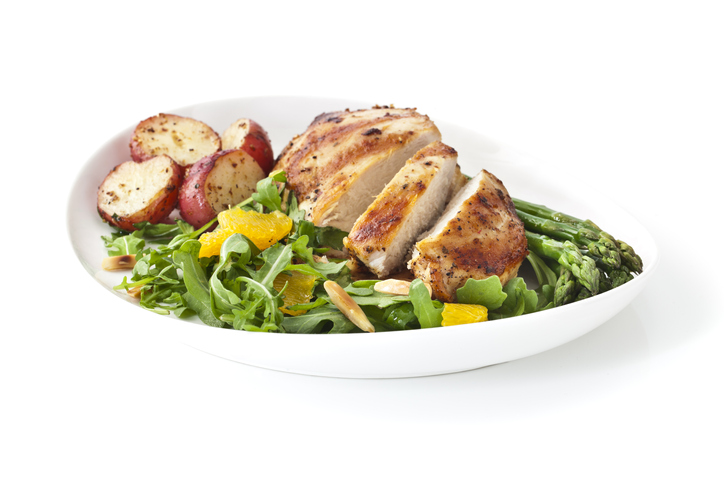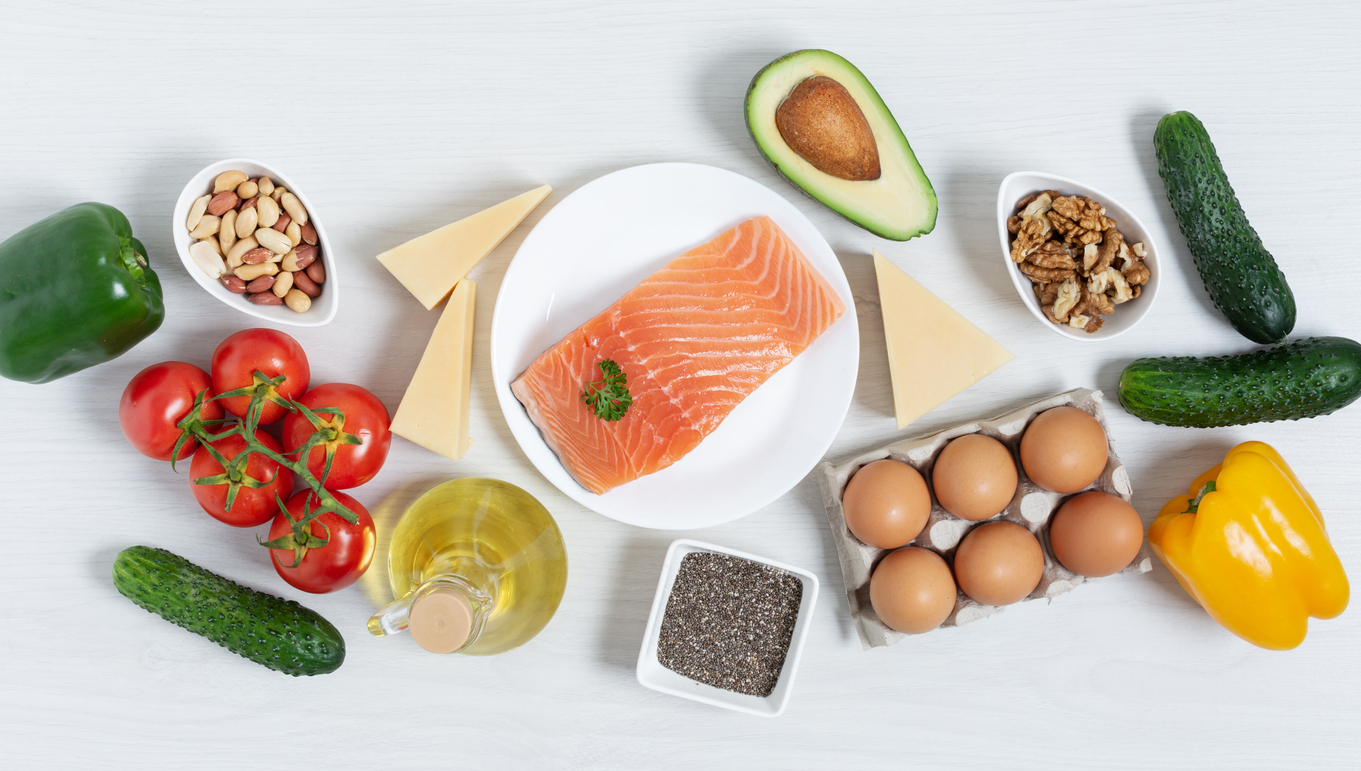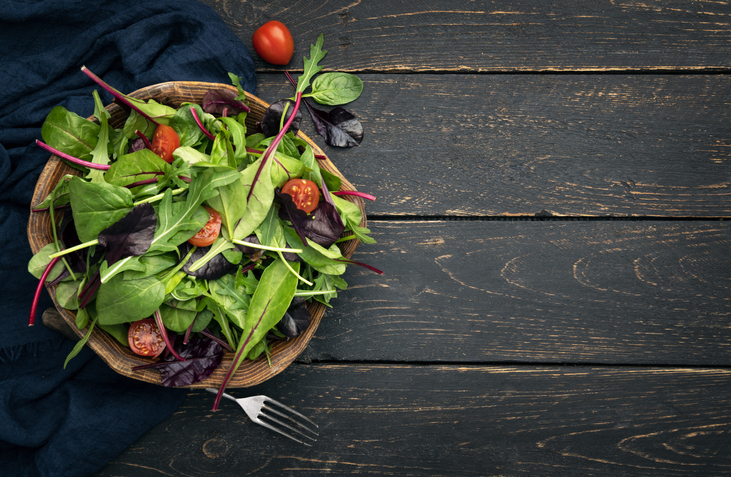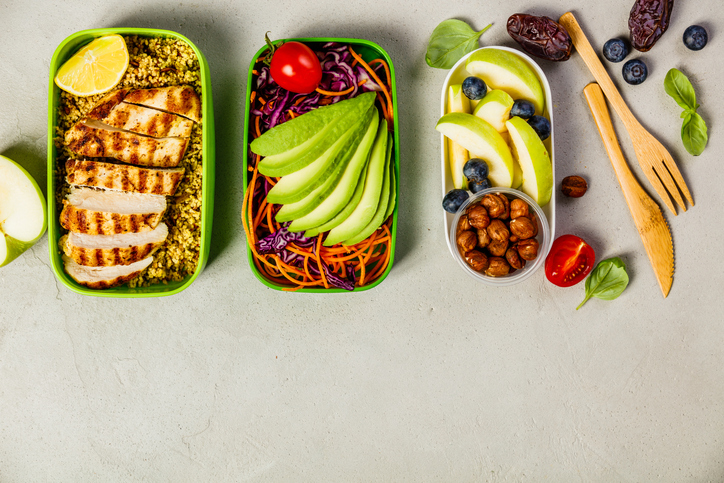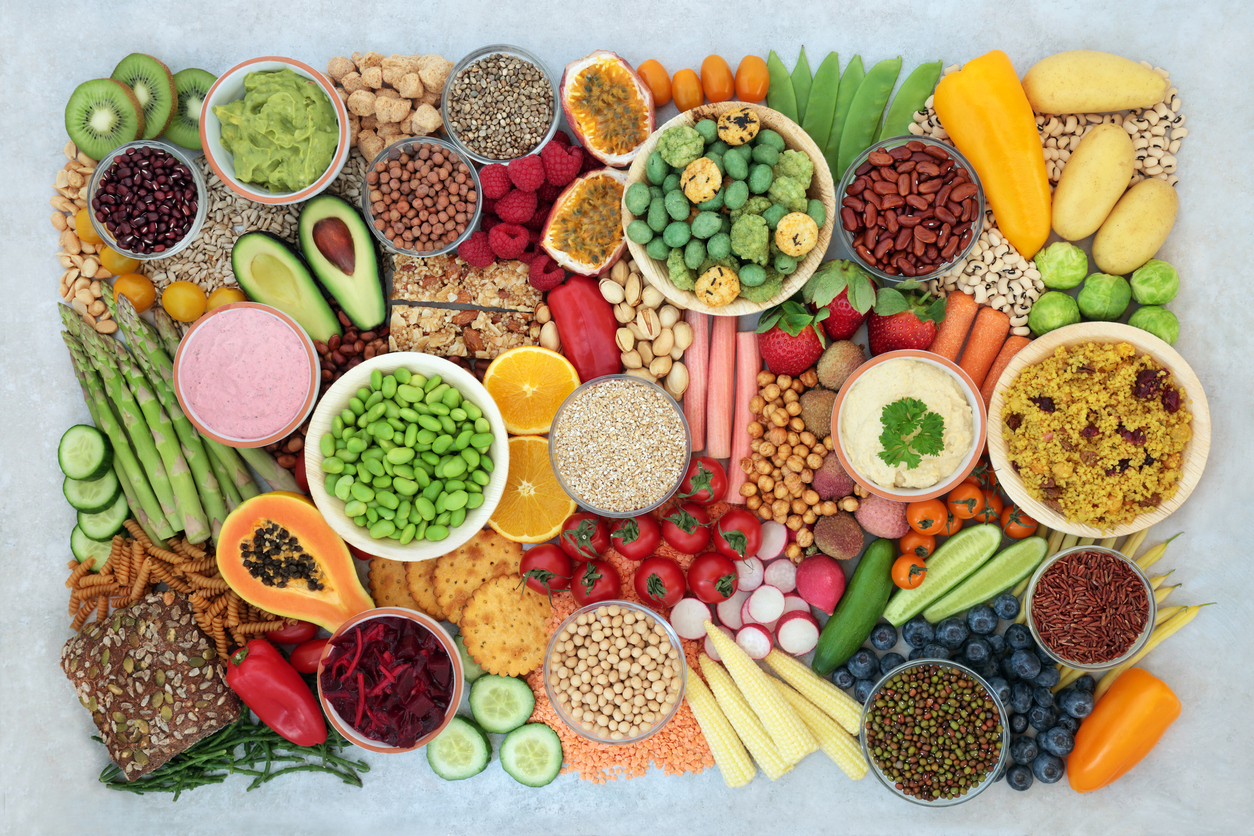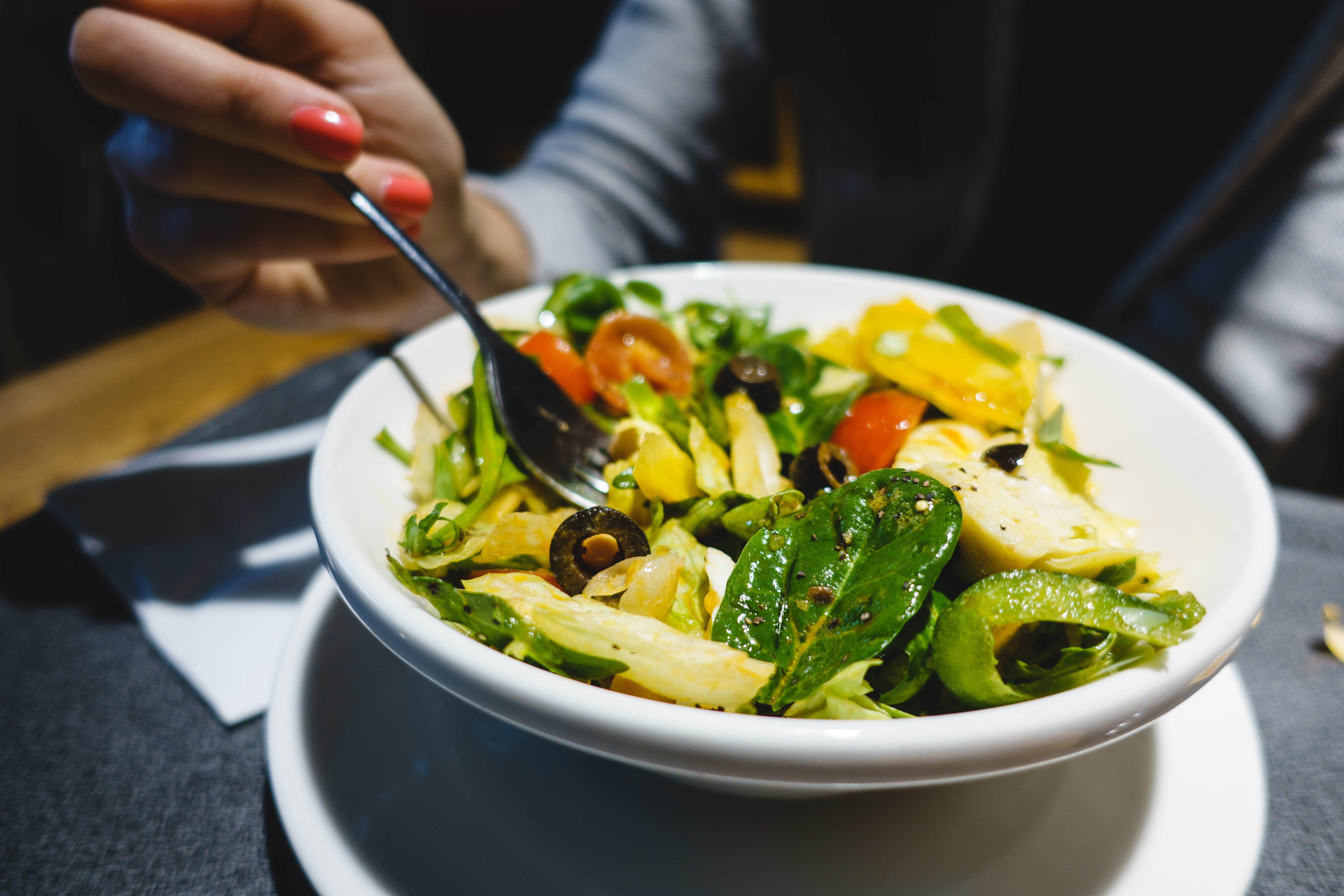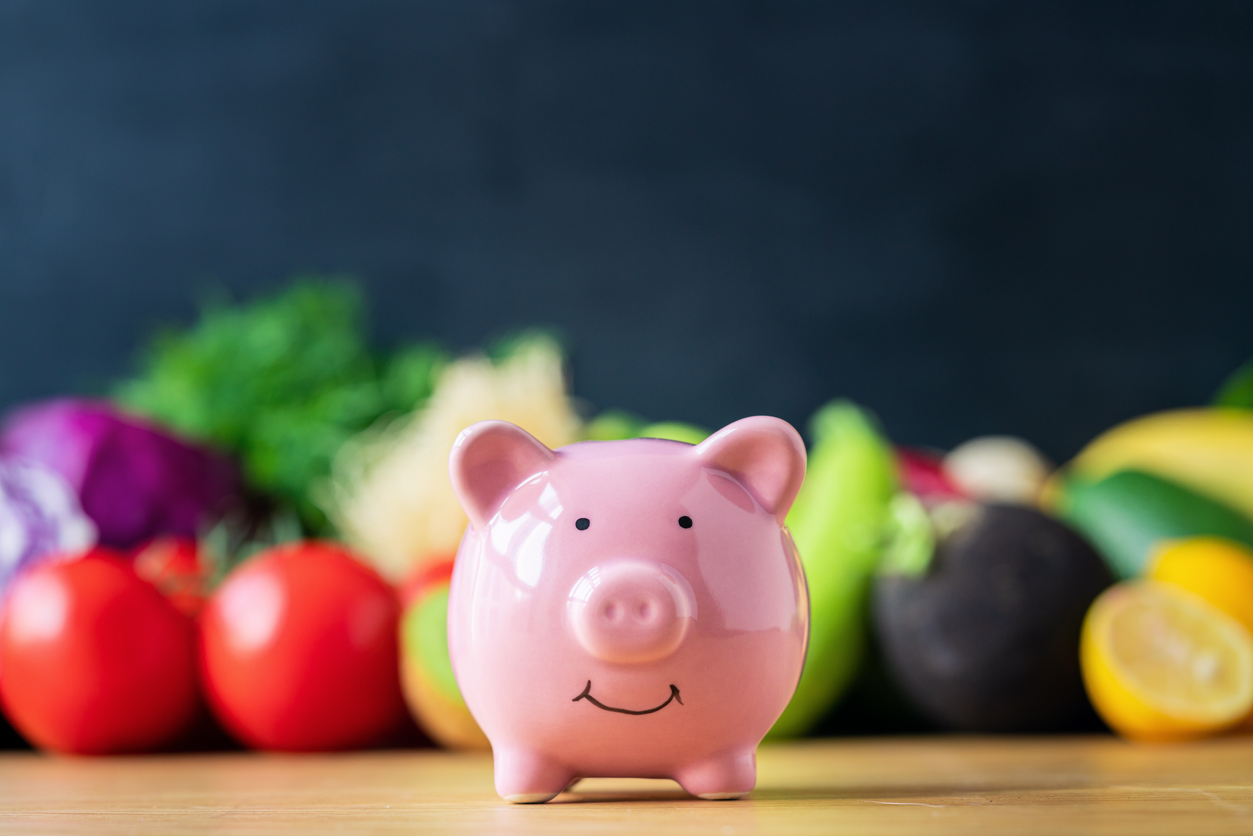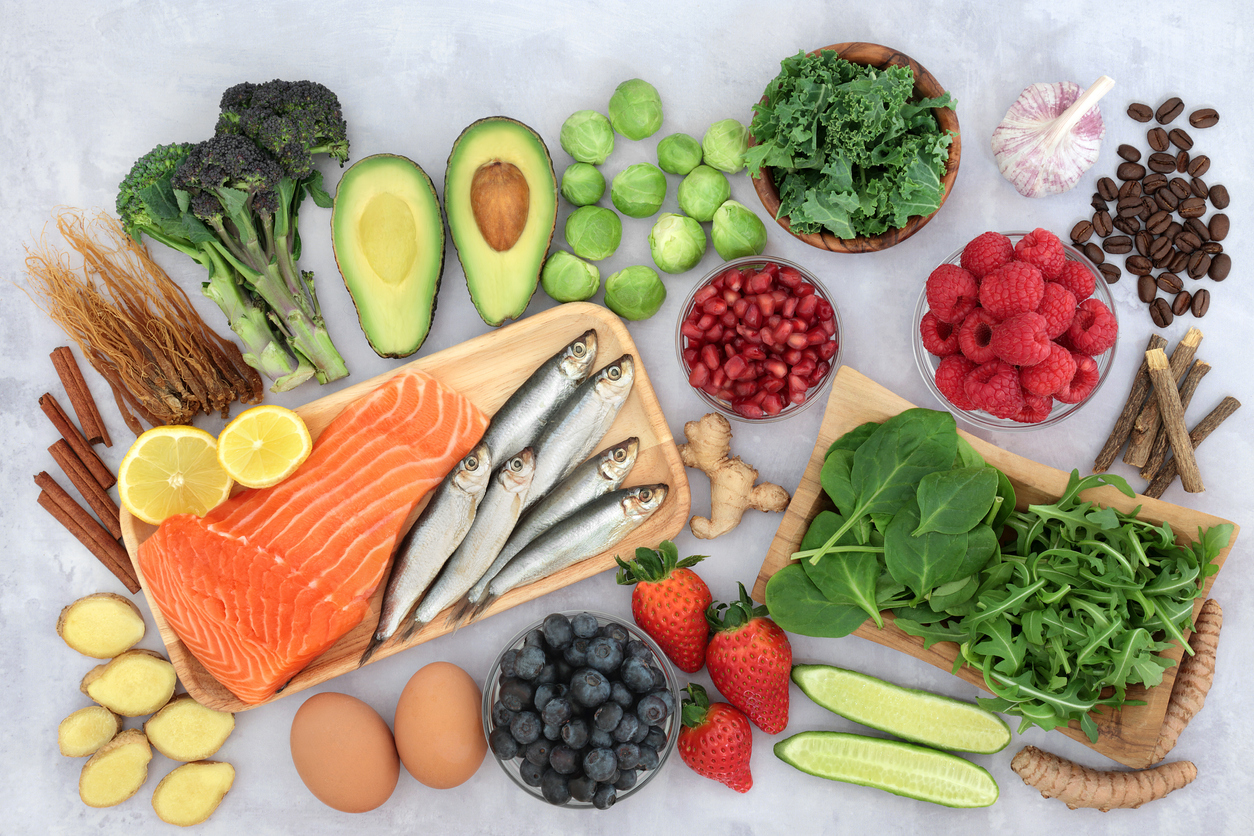Wellness
Tips for Visiting with Friends and Family While Dealing With Food Allergies or Limitations

What is a food allergy?
A food allergy is the result of the body’s immune system recognizing certain proteins in food as harmful. When the food triggers an abnormal immune response, the body releases histamine, causing inflammation. Food allergies can range in severity from mild to life-threatening, or anaphylaxis. Food allergies are different from food intolerances, which is a problem digesting food that does not involve the immune system.
What is a food limitation or restriction?
A dietary restriction or limitation involves reducing or omitting certain foods from the diet. While this may be the result of food allergies, food restrictions may also be due to religious reasons, dietary sensitivities, food intolerances, ideological beliefs, etc.
Visiting friends and family while dealing with food allergies or limitations
While visiting friends and family members can be an enjoyable experience, it can also be stressful if you have food allergies or limitations. You may worry about accidentally ingesting an allergen or feel uncomfortable talking about specific dietary needs. You want to avoid being rude for not eating something that was prepared.
However, there are several ways to make visiting friends and family members safer and easier during meals. Tips for dealing with food allergies or limitations when visiting others include, but are not limited to, the following:
- Communicate ahead of time. Prior to the visit, communicate about allergies or limitations to give the host time to prepare. An email with specific names of allergens or foods to avoid gives friends and family members something to refer to when planning meals and snacks.
- Bring your own food. If you partake in a vegan, gluten-free, or other specific diet, you may want to bring your own food. Making a delicious dish or two to share is a great option.
- Be present when meals are prepared. Not only will the cook appreciate the help, but it also gives the opportunity to check ingredient labels or make requests. For example, asking for a small bowl of salad to be set aside before any nuts are added to the serving bowl is a quick and easy request. This is a better option than refusing the salad when the meal is served.
- Respond to questions with patience. Defensiveness is often the first reaction if a friend or family member asks why you are not eating gluten or meat, or seems critical of your meal plan. However, giving a smile and a simple answer, such as “It seems to be working for me,” and then changing the topic is most beneficial.
- Never feel bad about saying no to a food or beverage. Turning down a homemade cookie or passing on a dish with unknown ingredients is a better option than having an allergic reaction. This can be done kindly and respectfully.
- Make sure necessary medications are available. Take medications, such as antihistamines or epinephrine, with you in case they are needed. Be sure the medications are not expired before the visit. If you have an epinephrine auto-injector, be sure to show a friend or family member how to use the device in case of emergency.
- Remember, it is not all about food. Spending time with friends and family is more important than food, as long as everyone is safe. Focus on having fun and making memories. This can relieve stress about the visit.
Additional sources: Food Allergy Canada, Allergic Living, VeryWell Health, and Forks Over Knives


